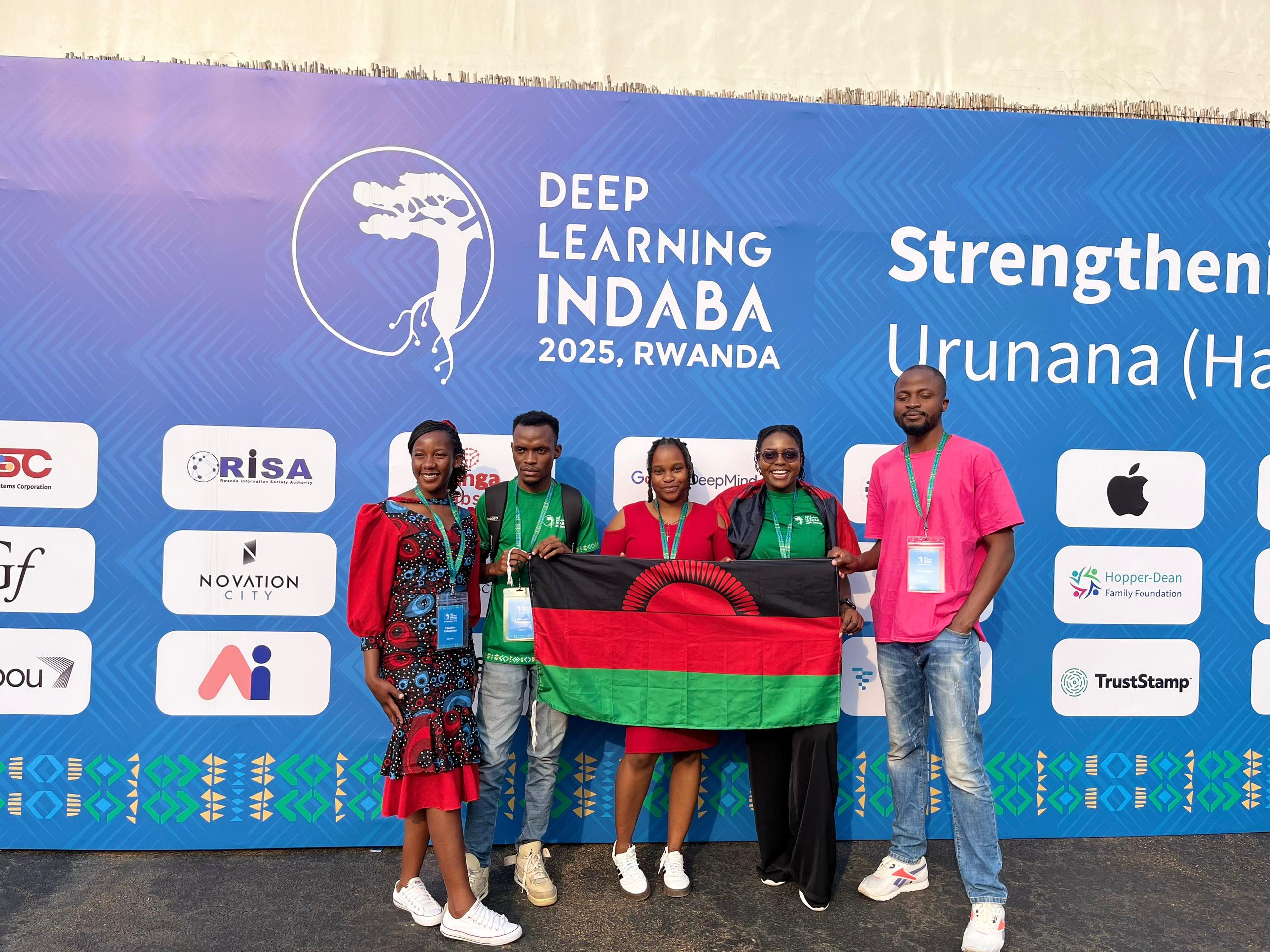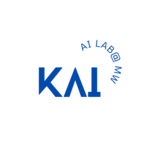My Deep Learning Indaba 2025 Experience in Rwanda
Iam Grey Mengezi, a member of KAI Lab, where we focus on building practical AI solutions for African challenges. This post shares my experience attending the Deep Learning Indaba 2025 in Rwanda, an event that brought together researchers, engineers, and students from across the continent and beyond. I attended the Indaba to represent KAI Lab and showcase our work on the mwBTFreddy dataset, which is part of our Disaster Management research project aimed at mapping and analysing building damage in Malawi following Cyclone Freddy.
Attending the Deep Learning Indaba 2025 in Rwanda was one of the most transformative experiences of my journey as an early-career researcher in Machine Learning and Artificial Intelligence. I left inspired, informed, and motivated to continue building my skills and contributing to the AI community.
Workshops, Tutorials and Practicals
The workshops and tutorials were well-organized, with clear structures and engaging speakers. One highlight was the Mathematics of Deep Learning tutorial, which revisited essential concepts in Linear Algebra and Calculus and showed their direct applications to deep learning. This session strengthened my foundational understanding and gave me more confidence in applying mathematical tools to ML research.
The Machine Learning Foundations practical was equally impactful. Having access to the notebooks beforehand made the session smooth and easy to follow. We built and trained deep learning models from scratch using NumPy and later explored how to efficiently scale to larger models using frameworks like JAX. This hands-on progression from fundamentals to practical tools bridged theory and application perfectly.
Lightning Talk & Poster Presentation
I had the opportunity to give a short 6-minute lightning talk during the Research in Africa Day dataset
spotlight session. I presented the mwBTFreddy dataset, created for disaster management research
in Malawi. Later, I showcased the dataset in my
poster
presentation, which focused on using ML to
detect building damage after Cyclone Freddy. Sharing this work with attendees from diverse academic
and professional backgrounds was rewarding. I received insightful feedback and recommendations on
methods and tools to further strengthen the research. To my delight, the poster was awarded recognition
as one of the best posters under the African Datasets category, which was both validating and motivating.


Poster presentation session (left) and poster awards presentation (right)
Networking and Community
The Indaba also provided a unique space to connect with researchers from Google and Google DeepMind. I learned about scholarship opportunities, and received guidance on preparing for competitive interviews. These interactions expanded my perspective on the pathways available for early-career researchers like myself.
I also met fellow Malawians during the event, and we discussed potential collaborations back home. We talked about IndabaX Malawi and they expressed interest in participating and contributing to it. We also explored ways to engage more researchers and students in Malawi to increase participation in such events, which I believe could have an impact on strengthening the local AI community.

Fellow Malawians at Deep Learning Indaba 2025 in Rwanda
Equally inspiring was the sense of community. From keynote talks like Verena Rieser’s discussion on aligning AI with diverse views to the many informal conversations, I was reminded of the importance of context, diversity, and inclusivity in AI development. This spirit of collaboration reflected this year’s theme, Urunana (Hand in hand) - working together to advance AI in Africa. Meeting fellow Malawians and connecting with researchers from across the continent reinforced the importance of building together, hand in hand, for lasting impact.
Booths and Opportunities
The exhibition booths were another highlight. Organizations such as Google, MILA, IBM, InstaDeep, EqualyzAI, and Etihuku showcased their research, internships, and scholarship opportunities. Each booth offered insights into ongoing work in AI and ways for collaboration, training, and career advancement. For me as an early-career researcher, these interactions were invaluable in expanding both knowledge and opportunities.
Cultural Dinner
The fourth day of the event concluded with one of the biggest fun highlights of the Indaba, the Culture Dinner. This was a celebration of Africa’s cultural diversity, where participants wore traditional attire and showcased their country’s music, dances and poetry. It was a reminder of the unity and richness of the African continent, and it added a warm dimension to the otherwise technical and academic environment.
Cultural dinner at Indaba
Reflections and Future Vision
What stood out most was how well-organized the entire event was. From effective communication to logistical support, the Indaba team ensured a seamless experience for participants. The diversity of topics, speakers, and participants made every session enriching. Looking forward, I would love to see even more advanced deep learning topics covered, along with continued emphasis on applied AI solutions for African challenges.
The Deep Learning Indaba 2025 was not just an event, but a key step in my research journey. It strengthened my technical skills, expanded my network, and deepened my appreciation for the role of diversity and context in AI. Most importantly, it left me inspired to keep learning, building, and contributing to the African AI ecosystem. I am grateful to the organizers, speakers, and community for making this experience possible, and I look forward to being part of the Indaba community in the years to come. See you in Nigeria!
 KAI LAB
KAI LAB